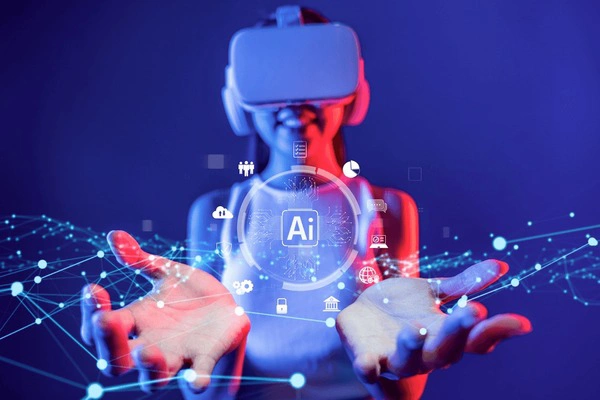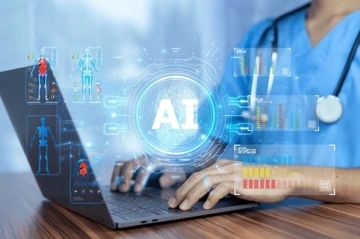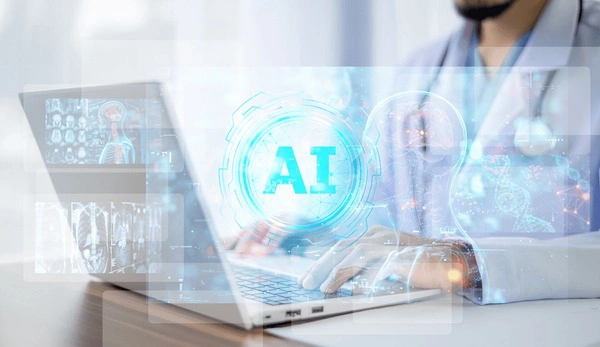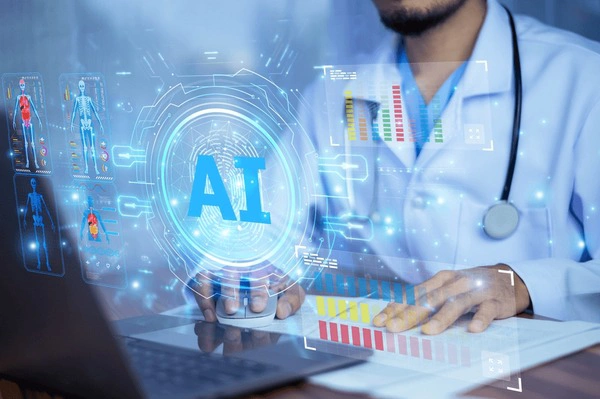
AI is Transforming Mental Health Care: From Virtual Therapists to Emotional Well-being Apps
AI is reshaping mental health care by introducing virtual therapists and emotional well-being apps, offering innovative support solutions. These technologies provide accessible resources, guided by data-driven insights, to reduce anxiety and depression. While AI complements traditional therapy, ethical considerations remain critical as technology evolves.
Marcus Bennett
09/11/2024 - 8 months ago

AI's Role in Mental Health
Artificial intelligence (AI) is reshaping how we approach mental health care. With the rise of virtual therapists and applications designed to monitor emotional well-being, there's a noticeable shift in the landscape. These technologies are not just novelties; they represent a profound transformation in how support is provided to those in need. The ability to access mental health resources through a smartphone app or an online platform makes it easier for individuals to seek help without the stigma often associated with traditional therapy.
One of the most significant advancements is the development of virtual therapists. These AI-driven platforms can provide immediate assistance, guiding users through therapeutic exercises or simply offering a listening ear. Research supports the idea that virtual therapy sessions can significantly reduce symptoms of anxiety and depression. By leveraging AI, these systems can personalize the experience, adapting to the user’s specific needs and preferences.
Moreover, AI in mental health is not limited to therapy alone. Apps that monitor emotional well-being use sophisticated algorithms to track a user's mood and suggest interventions. For instance, they might recommend mindfulness exercises or prompt users to connect with a human therapist if certain patterns are detected. These tools empower individuals to take charge of their mental health, offering insights that might otherwise go unnoticed.
The Science Behind AI-Driven Solutions
The science fueling these AI-driven solutions is rooted in cognitive and behavioral research. By analyzing patterns in data, AI can detect subtle changes in mood and behavior that might indicate a need for intervention. This predictive capability allows for more timely and effective support, potentially preventing more severe mental health crises. Such applications are particularly beneficial in settings where traditional mental health services are scarce or inaccessible.
AI systems use techniques like natural language processing and machine learning to understand and respond to user inputs. These technologies are trained on vast amounts of data to recognize signs of distress or emotional changes. While some may worry about privacy, developers are keenly aware of these concerns and are implementing robust security measures to protect user information.
Despite these advances, it’s essential to remain cautious of the limitations. AI is not a replacement for human therapists but rather a complement to existing mental health care. The human touch remains crucial, particularly in complex cases where empathy and nuanced understanding are required. Ongoing research and ethical considerations will continue to shape how AI evolves in this field, ensuring that it serves as a beneficial tool rather than a standalone solution.
Ethical Considerations and Future Directions
As AI continues to integrate into mental health care, ethical questions arise about its use and impact. Concerns include the potential for bias in algorithms, the security of sensitive data, and the autonomy of AI systems in making decisions about care. It's crucial that these issues are addressed to build trust and ensure that AI applications are used responsibly and effectively.
The future of AI in mental health holds promising potential. Imagine a world where personalized mental health support is available to anyone, anywhere, at any time. This vision is becoming increasingly feasible as technology advances, but it must be guided by rigorous research and ethical standards. Stakeholders, including developers, mental health professionals, and policymakers, must collaborate to create frameworks that prioritize patient well-being.
In conclusion, AI offers a transformative opportunity to enhance mental health care. By understanding its capabilities and limitations, we can harness its potential to provide better support for those in need. As we navigate this new frontier, it's imperative to maintain a balance between technological innovation and the human elements that are the cornerstone of effective mental health care.


















